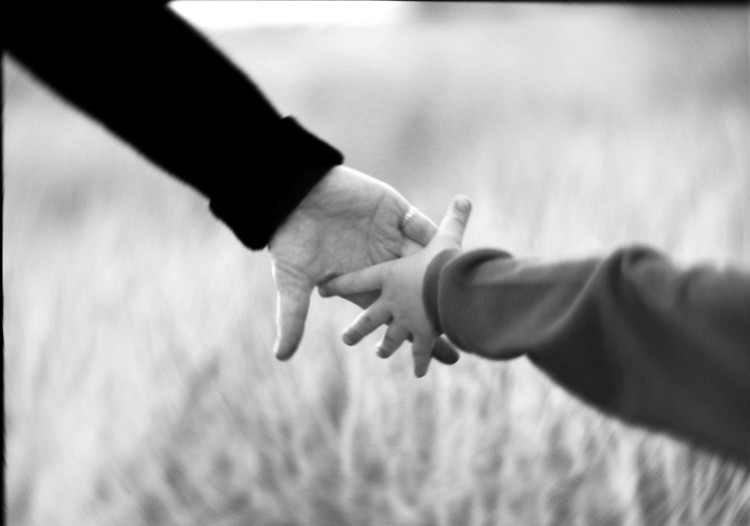Is “Love” Whatever We Say It Is?

“Love” is used in so many ways by so many different people it would seem like it can mean almost anything. If it can mean almost anything depending on who is using it and how they are using it, then does it really mean anything? Is such an important word for human life without definition?
“I love you” is spoken by abusive husbands as they torment those closest to them and the same words are also spoken by faithful husbands of sixty years as they hold their wife’s hand.
Does it mean the same thing? What does it mean?
“I love you” is said by teenagers who are only together a matter of months or even weeks and it is said by people who promise to God and to each other to be faithful to the other for the rest of their lives.
Does the word mean the same thing in both situations? Does it mean whatever we say it does?
I tell my wife and my children that I love them all the time, but what does that mean? What do I mean when I say that? That word is spoken and fleshed out in billions of different ways, so what does it mean for me to say it?
A few weeks ago I lost my patience with my five year old son (whom I tell that I love all the time) and yelled (erupted really) at him for something pretty insignificant and then as I looked down at this crying little face I heard in my head, “Love is patient, love is kind…”
“Love” is not whatever we say it is. For Christians, and the world, it has been given a definition and an image – Jesus giving his life up on the cross for us, for his torturous, betraying, spitting enemies; for the healing of broken people living in a broken world.
1 John 3:16 says it this way, “This is how we know what love is: Jesus Christ laid down his life for us. And we ought to lay down our lives for our brothers and sisters.”
Love doesn’t look like just anything we or anyone else says it does. It looks like that.
The Apostle Paul described it this way in 1 Corinthians 13:4-7:
4Love is patient, love is kind. It does not envy, it does not boast, it is not proud. 5 It does not dishonor others, it is not self-seeking, it is not easily angered, it keeps no record of wrongs. 6 Love does not delight in evil but rejoices with the truth. 7 It always protects, always trusts, always hopes, always perseveres.
“Love” isn’t anything we say it is, it is this.
My love for anyone doesn’t stack up to what love really is, but I am committed to holding onto the definition that Jesus gave to the word and to the definition Jesus inspired Paul to give to the word.
When I notice my words, my actions, or my attitude not matching up, it isn’t time to modify the definition, it is time for one of those big or small course corrections that Christians have often called repentance.



No Comment